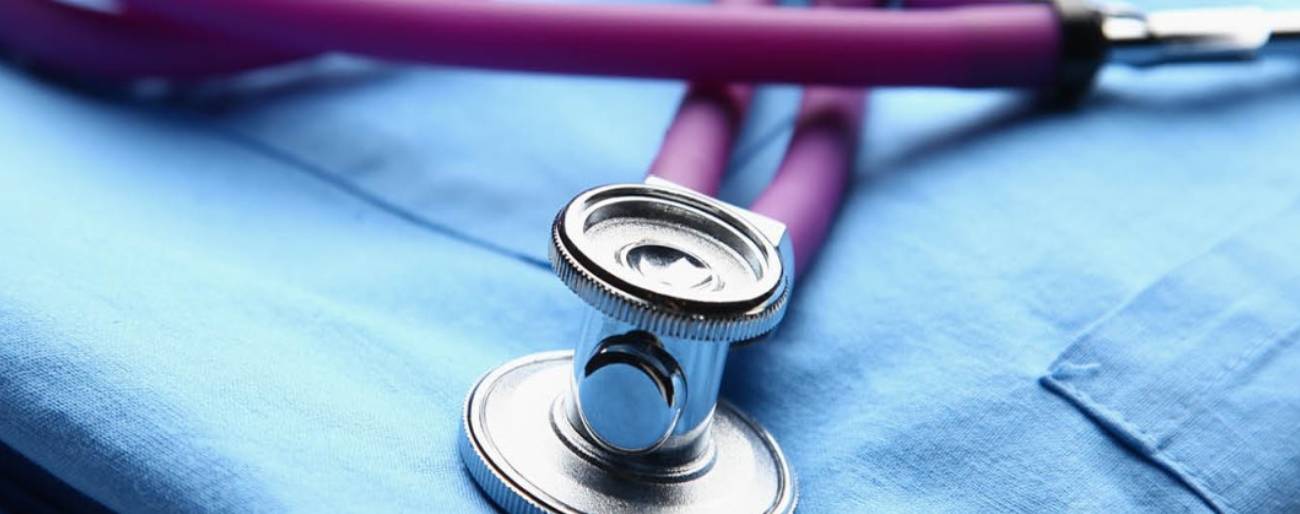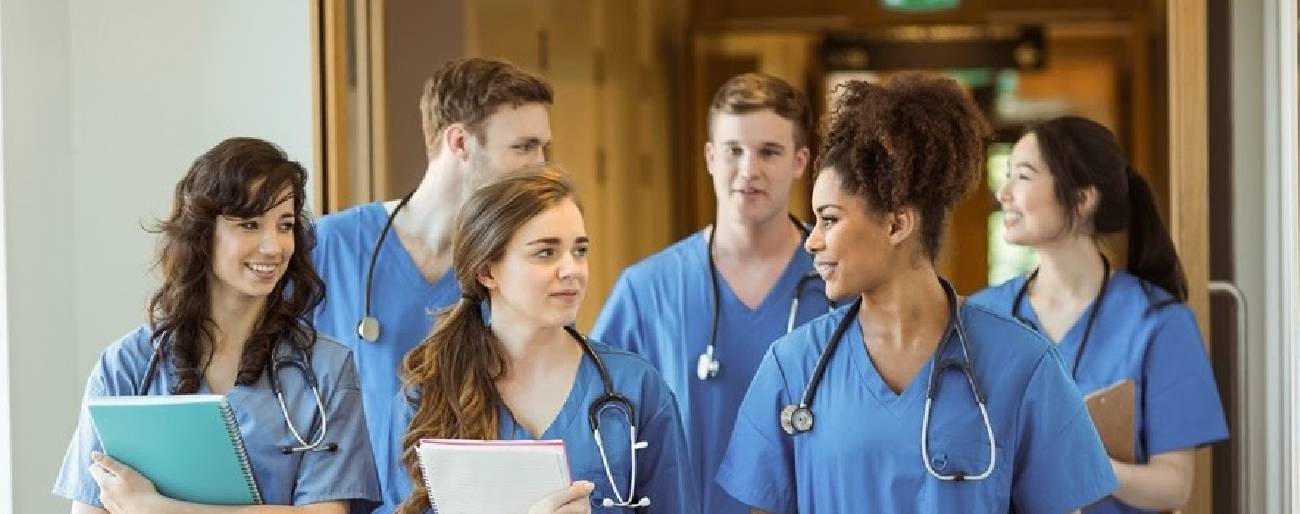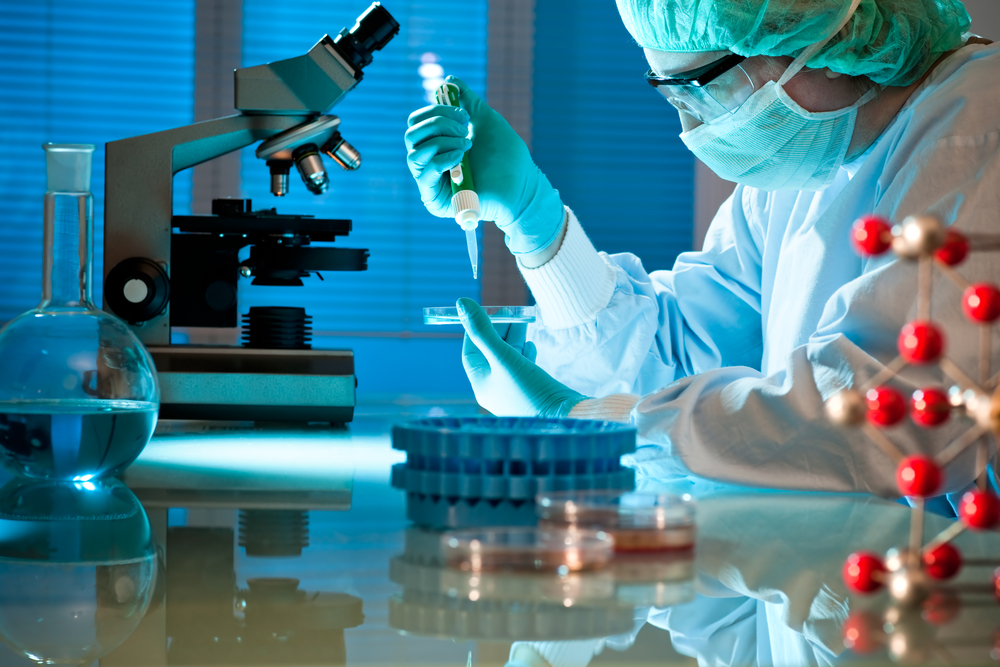Adress
Pavan Group Of Educations
Bhive Block
JBR Tech parkv
6th Road
EPIP zone , Whitefield 560066
7795221555
- Home
- Contact
- Admissions
- Alumini
- Life At Campus
- About Us
- Placements




















